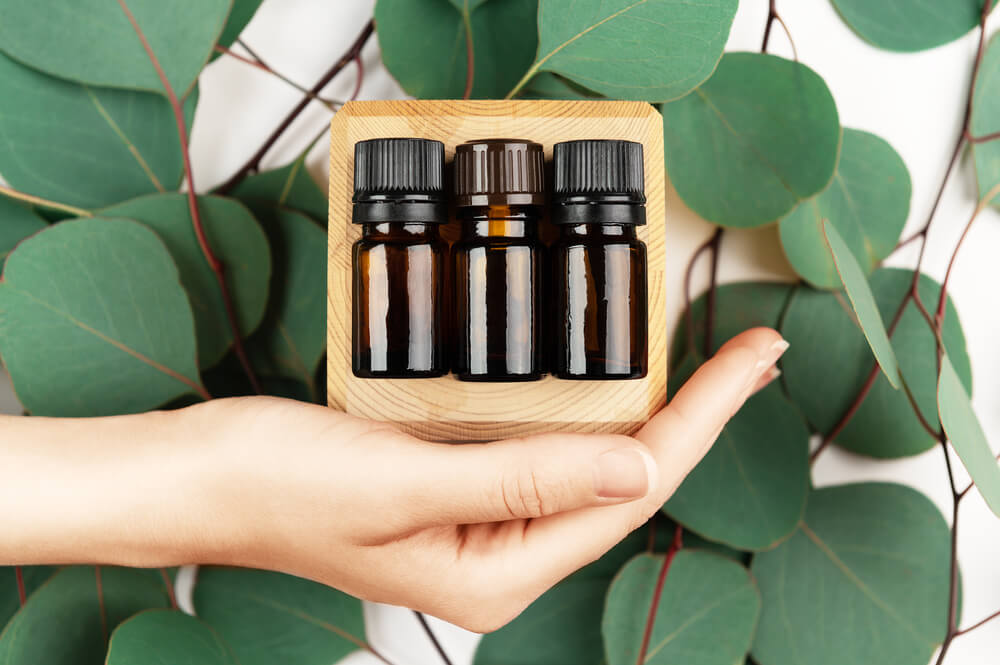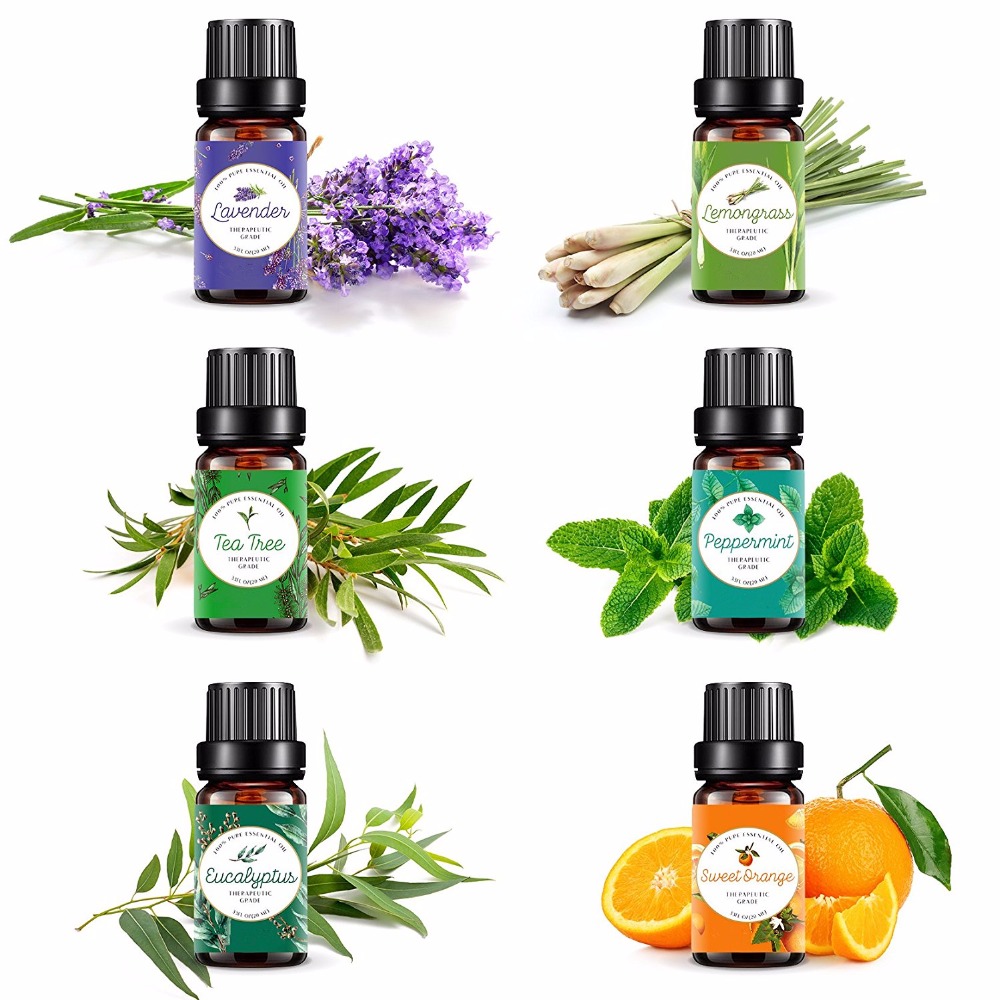Step into the realm of private label aromatherapy, where the power of essential oils meets the entrepreneurial spirit. This captivating journey will unveil the intricacies of creating and marketing your own branded aromatherapy products, empowering you to tap into a thriving market while nurturing the well-being of your customers.
As we delve deeper into the world of private label aromatherapy, we’ll explore the benefits of this lucrative business model, unravel market trends, and provide expert guidance on product development, distribution, and quality control. Get ready to harness the transformative power of aromatherapy and elevate your business to new heights.
Overview of Private Label Aromatherapy
Private label aromatherapy involves creating and marketing aromatherapy products under a brand name owned by the retailer rather than the manufacturer. This practice has gained significant traction in the market due to its ability to differentiate products, cater to specific customer needs, and increase profit margins.
Benefits of Private Labeling
Private labeling offers numerous advantages for businesses, including:
- Control over branding and packaging:Businesses can create a unique brand identity that resonates with their target audience.
- Customized products:Private label products can be tailored to meet the specific requirements and preferences of the retailer’s customers.
- Increased profit margins:By eliminating the middleman, businesses can potentially increase their profit margins.
- Enhanced customer loyalty:Private label products can foster customer loyalty by offering unique and exclusive products.
- Market differentiation:Private labeling allows businesses to differentiate their products from competitors and establish a niche in the market.
Market Analysis for Private Label Aromatherapy

Private label aromatherapy has witnessed significant growth in recent years due to the increasing popularity of personalized wellness and self-care rituals. The market size of private label aromatherapy is projected to reach $X billion by 2028, expanding at a CAGR of Y% during the forecast period.
The target demographics for private label aromatherapy products include health-conscious consumers, individuals seeking natural remedies for stress and anxiety, and those interested in customized wellness experiences. Market segmentation can be based on product type, application, and distribution channel.
Competitive Landscape
The private label aromatherapy market is characterized by intense competition from both established and emerging players. Key industry players include:
- Company A
- Company B
- Company C
Product Development and Customization
Developing and customizing private label aromatherapy products involves several key steps. These include selecting the right essential oils, formulating blends, choosing packaging, and creating branding and labeling strategies.
The first step in developing private label aromatherapy products is to select the right essential oils. Essential oils are the concentrated volatile compounds extracted from plants. They are used in aromatherapy for their therapeutic properties.
When selecting essential oils, it is important to consider their quality, purity, and therapeutic benefits. It is also important to consider the target market for the products. For example, if the products are intended for use in a spa setting, then it is important to select essential oils that are known for their relaxing and calming properties.
Once the essential oils have been selected, the next step is to formulate the blends. Aromatherapy blends are typically made by combining several essential oils together. The proportions of each essential oil in the blend will determine the overall therapeutic benefits of the blend.
When formulating blends, it is important to consider the following factors:
- The desired therapeutic benefits of the blend
- The compatibility of the essential oils in the blend
- The safety of the blend
Once the blends have been formulated, the next step is to choose the packaging. The packaging should be attractive and functional. It should also protect the products from damage.
The final step in developing private label aromatherapy products is to create branding and labeling strategies. The branding and labeling should be consistent with the target market for the products. It should also be clear and informative.
Distribution and Sales Channels
Effective distribution and sales channels are crucial for the success of private label aromatherapy products. These channels determine how your products reach target customers and generate revenue.
Various distribution channels are available, each with its unique advantages and considerations:
Online Marketplaces
- Amazon:A massive online marketplace with a vast customer base and advanced fulfillment capabilities.
- Etsy:A platform specializing in handmade and unique products, suitable for niche aromatherapy offerings.
- Shopify:An e-commerce platform that enables businesses to create their own online stores and manage sales.
Retail Stores
- Health food stores:Cater to health-conscious consumers who seek natural and wellness products.
- Specialty boutiques:Offer a curated selection of aromatherapy products alongside complementary items.
- Department stores:Provide a wider reach and exposure to a diverse customer base.
Wholesale Partnerships
- Spa and salon suppliers:Distribute aromatherapy products to businesses offering massage, skincare, and wellness services.
- Yoga studios and fitness centers:Provide aromatherapy solutions to enhance relaxation and well-being.
- Hotels and resorts:Offer amenities such as aromatherapy diffusers and scented candles to create a luxurious atmosphere.
Effective marketing and sales strategies are essential for driving demand and building a loyal customer base:
- Social media marketing:Engage with potential customers on platforms like Instagram and Pinterest, showcasing product benefits and sharing inspiring content.
- Content marketing:Create valuable blog posts, articles, and videos that educate customers about aromatherapy and its applications.
- Influencer partnerships:Collaborate with influencers in the wellness or lifestyle space to promote your products and reach a wider audience.
Quality Control and Regulatory Considerations

Ensuring the quality and safety of private label aromatherapy products is paramount. Adhering to industry standards and regulatory requirements is crucial to safeguard consumers and maintain brand reputation.
Product Testing and Analysis
Rigorous testing and analysis are essential to verify the identity, purity, and potency of essential oils and other ingredients used in aromatherapy products. This includes:
- Gas chromatography-mass spectrometry (GC-MS) for identifying and quantifying volatile compounds
- High-performance liquid chromatography (HPLC) for determining the presence of specific chemical markers
- Microbiological testing to ensure the absence of harmful microorganisms
Regulatory Compliance
Aromatherapy products must comply with relevant regulations, such as:
- FDA’s Cosmetic Good Manufacturing Practices (GMPs)
- EU’s Cosmetic Products Regulation (EC) No. 1223/2009
- International Organization for Standardization (ISO) 22716:2007 (Guidelines on Good Manufacturing Practices for Cosmetic Products)
These regulations cover aspects such as ingredient safety, labeling, and storage conditions.
Documentation and Traceability
Maintaining accurate documentation and traceability records is vital for ensuring product safety and accountability. This includes:
- Certificates of analysis for all ingredients
- Batch production records
- Distribution and sales records
Proper documentation facilitates product recalls and ensures consumer confidence.
Last Word

As we conclude our exploration of private label aromatherapy, it’s evident that this industry offers a unique opportunity for businesses to create a positive impact while achieving financial success. By embracing the principles Artikeld in this guide, you can establish a thriving private label aromatherapy brand that caters to the growing demand for natural wellness solutions.
Remember, the key to success lies in maintaining high-quality standards, understanding market dynamics, and leveraging innovative marketing strategies. May your entrepreneurial journey be filled with aromatic success and the fulfillment of bringing well-being to your customers.